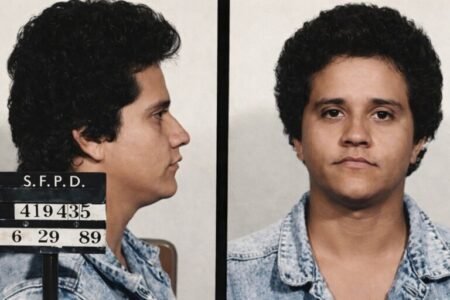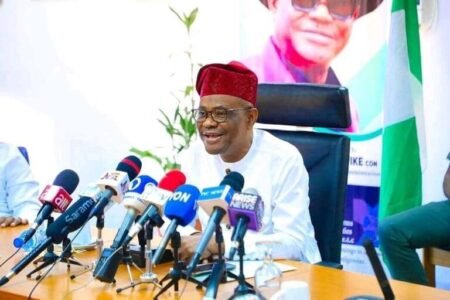President Bola Tinubu condemned the recent wave of democracy reversals by military juntas in the West African sub-region on Wednesday.
Tinubu, Chairman of the ECOWAS Authority of Heads of State and Government, has advocated for discussions to empower the regional bloc to establish well-funded standby military forces “to help contain military adventurers and rampaging waves of terrorism and religious extremism” in the sub-region.
“The tragedies of our nations and histories inspire our concern about the reversals of democratic governments, particularly in West Africa. That is why we are alarmed by the military coups in Mali, Guinea-Conakry, Burkina Faso, the Niger Republic, and Gabon,” Tinubu said.
Tinubu also acknowledged what he described as the “despair about democratic reversals,” considering recent military coups, but expressed optimism about successful elections held in Liberia, Kenya, Ghana, and Nigeria.”
He did, however, urge African leaders to uphold constitutional principles like term limits and to ensure legitimate elections and autonomous institutions.
Tinubu addressed a summit on the state of democracy in Africa in Abuja on Wednesday, according to a statement released by the President’s Senior Special Assistant on Media and Communications, Stanley Nkwocha. He was represented by Vice President Kashim Shettima.
Tinubu stated that Nigeria had learned from bitter experiences that the solution to poor democratic governance was more democracy and that the African Continental Free Trade Area’s potential could only be realised through concrete economic integration and sub-regional collaboration.
He also urged regional entities to reduce trade barriers while promoting sustainable and inclusive economic growth, human capital development, and value addition in agriculture and agro-allied industries.
“The immense potential of the African Continental Free Trade Area can only be maximally realised when there is concrete economic integration and collaboration at the different sub-regional levels.
“We must deliberate on ways through which African sub-regional organisations can help foster better intra-African trade, achieve better food and energy security, promote higher rates of youth employment, alleviate poverty, and realise greater prosperity for our people,” the President said.
Tinubu added that revived sub-regional cooperation was critical to the successful implementation of the groundbreaking AfCFTA, which harmonised laws and regulations to promote the free movement of products, services, and people.
Declaring that Africa would no longer be the “doormat of the world with street beggar economies.”
Tinubu called for concrete measures through reinvented regional bodies to boost trade, enhance security, and entrench constitutional democracy for development and prosperity.
In his keynote address, Nigeria’s former President Olusegun Obasanjo stated that the solution to the myriad difficulties plaguing African democracy lay in re-examining the democratic model given down to the continent by its colonial masters.
He asked African leaders to work together to create a form of contextual democracy that took into account past experiences, addressed current difficulties, and prioritised effective leadership, strong institutions, and a solid middle class, all while reflecting Africa’s rich cultural history.
Dr. Amina Mohammed, UN Deputy Secretary-General and Chair of the Sustainable Development Goals, stated in her goodwill message that women and young people’s active involvement in politics and other decision-making processes will improve democracy on the continent.
She drew the attention of authorities on the continent to the effective implementation of laws, adherence to the tenets of accountability, and improved investment in democratic institutions, noting that they are critical to sustaining democracy in Africa and beyond.










